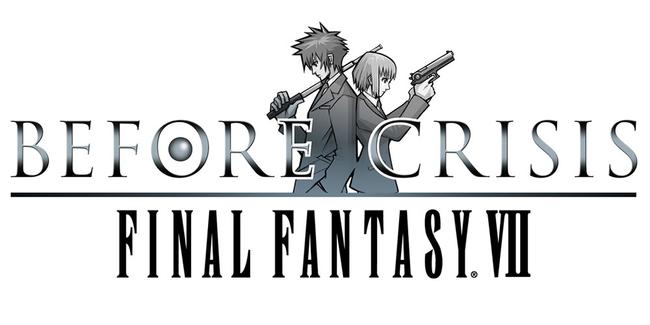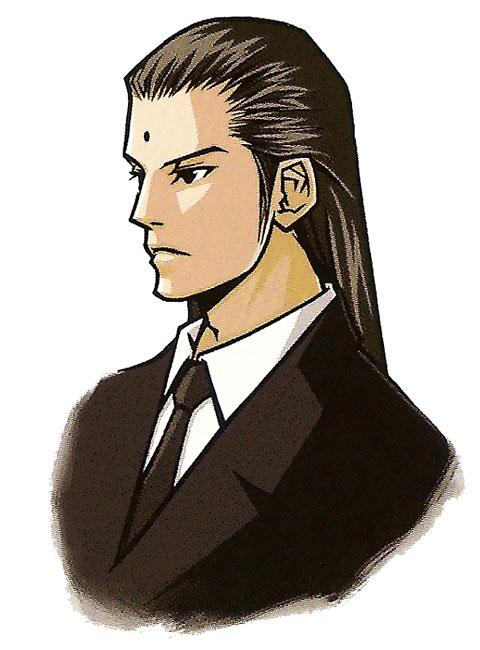
Too Human Review
Too Human has a rather interesting history. It was first announced for the original Playstation way back in 1999 and was intended to be split across four CDs. Too Human entered development hell when Nintendo and its developers signed an exclusive partnership, and development eventually shifted to the Nintendo GameCube.
After years of silence the game emerged on Xbox 360 with bold claims that the revolutionary title would be worthy of two sequels to make a trilogy and even as the game's release date slipped over and over Silicon Knights claimed it would be one of the best, most revolutionary RPGs of all time.
Let me be clear here - it isn't. Too Human's troubled development life may well be an indication of why it has so many issues but for a game in production for almost nine years it certainly doesn't have anything resembling the quality you'd expect.

Too Human has an interesting blend of traditional Norse Mythology with Science Fiction elements that might draw you in - it's a clever little concept, and while many of the Norse elements and names can feel like they've been forced into a science fiction plot generally everything seems to fit together nicely.
Everything from Norse Mythology has a counterpart in Too Human and on the surface the concept is intriguing and engaging, but scratch past the surface and the story is about as derivative, simple and boring as they come and everything about it seems to lack something - perhaps a soul.
It's a really clever concept with some really nice touches here and there but overall the story is lacking. We'd like to see the concepts shown here experimented with further, but probably not in a Too Human sequel - we doubt this world has much more to give after the first game.
Players begin by picking from one of five traditional RPG classes with jazzed-up names - Berserker, Defender, Commando, Bio-engineer and Champion. At first this seems like an exciting concept offering multiple play-throughs with different classes that'll allow for different types of gameplay, but you'll soon discover this isn't entirely true.
While all the classes have clear differences as the game progresses these differences become less and less important as regardless of class you'll be defeating every single enemy with pretty much the same methods.
The enemy AI is a woeful mess of bum-rushing monsters that simply try to mob you with sheer numbers rather than skill, something more expected from a mindless hack-and-slash action title than an RPG.

As you level up you'll gain access to a skill tree that offers new unlocks for your character. Some of these abilities are class specific, but all of these options feel rather limited and it never really feels like the selection of upgrades there are make any substantial changes to the way you play.
There's an absolute ton of items to collect and more armor upgrades than you can shape a broadsword at, but Too Human manages to throw them at you so frequently that even the excitement that gaining a powerful new weapon brings feels like a dulled sensation, something you feel you should be enjoying but you're not because you know an even more powerful upgrade is mere minutes away.
The constant onslaught of upgrades makes Too Human easier as well. As previously mentioned, the enemy AI is never too difficult to deal with though if you die you'll be greeted with one of the worst pieces of game design I've seen in quite some time.
RPGs are notorious for often having bad inventory management, slow menus and unclear tutorials, but nothing I've seen before can stand up to the 'Valkyrie Cutscene' in Too Human. Every time you die you're forced to sit through a 25 second animation - and it's identical every time you die.
If you do get stuck somewhere in this game, be prepared to feel like smashing your Xbox to pieces - not based on how hard it is - but based on how frustrating seeing this cutscene multiple times becomes - especially when many deaths can be attributed to the often-useless camera.
The controls are a mixed bag in combat - in some situations they're incredibly responsive and satisfying to use, but in mere seconds the game will go from this to being near-uncontrollable, the system where attacks are controlled by the right analog stick proving that in some situations it just doesn't work as you swing wildly at thin air.

One thing well-executed in Too Human is cooperative play. There's a distinct lack of RPGs that allow co-op, and Too Human does it well as two players can work together with relatively simple strategies and all the tiresome cutscenes and Nordic references are gone from the co-op experience.
Another well done area is the art style - it's fantastically designed. There's Nordic-inspired sci-fi imagery everywhere and many of the enemies are fantastically designed. This only makes the fact that the graphics are pretty standard and nothing mind-blowing even more disappointing - here too it could've been so much more.
Too Human has flashes of brilliance - sometimes moments of combat will have a wonderful rhythm to them that draws you into the experience, but the game is certain to drag you right back out again via the difficult controls or camera, or with another lengthy, boring cutscene.
The game lacks polish and feels like it was designed with a maniacal glee where the development team moved to another exciting new idea before the previous one was perfected. What you get is a mish-mash of great ideas and flashes of brilliance ruined by almost every aspect of the game feeling unfinished.
It's not a terrible game, but in the end Too Human lives up to its name - after all, the most human thing of all is a flaw - and Too Human is full of them.